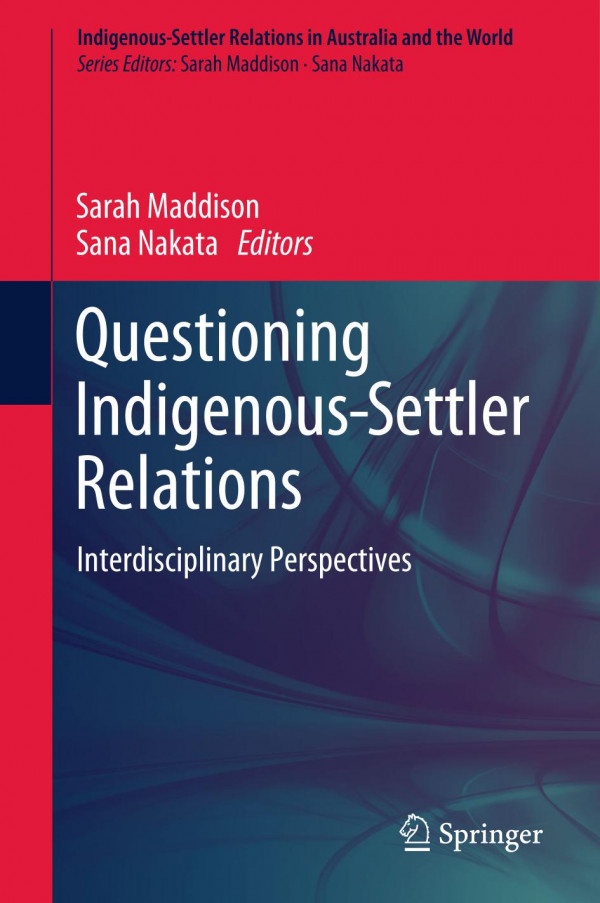

Most ebook files are in PDF format, so you can easily read them using various software such as Foxit Reader or directly on the Google Chrome browser.
Some ebook files are released by publishers in other formats such as .awz, .mobi, .epub, .fb2, etc. You may need to install specific software to read these formats on mobile/PC, such as Calibre.
Please read the tutorial at this link: https://ebookbell.com/faq
We offer FREE conversion to the popular formats you request; however, this may take some time. Therefore, right after payment, please email us, and we will try to provide the service as quickly as possible.
For some exceptional file formats or broken links (if any), please refrain from opening any disputes. Instead, email us first, and we will try to assist within a maximum of 6 hours.
EbookBell Team

4.3
78 reviewsThis book examines contemporary Indigenous affairs through questions of relationality, presenting a range of interdisciplinary perspectives on the what, who, when, where, and why of Indigenous–settler relations. It also explores relationality, a key analytical framework with which to explore Indigenous–settler relations in terms of what the relational characteristics are; who steps into these relations and how; the different temporal and historical moments in which these relations take place and to what effect; where these relations exist around the world and the variations they take on in different places; and why these relations are important for the examination of social and political life in the 21st century.
Its unique approach represents a deliberate move away from both settler-colonial studies, which examines historical and present impacts of settler states on Indigenous peoples, and from postcolonial and decolonial scholarship, which predominantly focuses on how Indigenous peoples speak back to the settler state. It explores the issues that inform, shape, and give social, legal, and political life to relations between Indigenous and non-Indigenous peoples, both in Australia and globally.